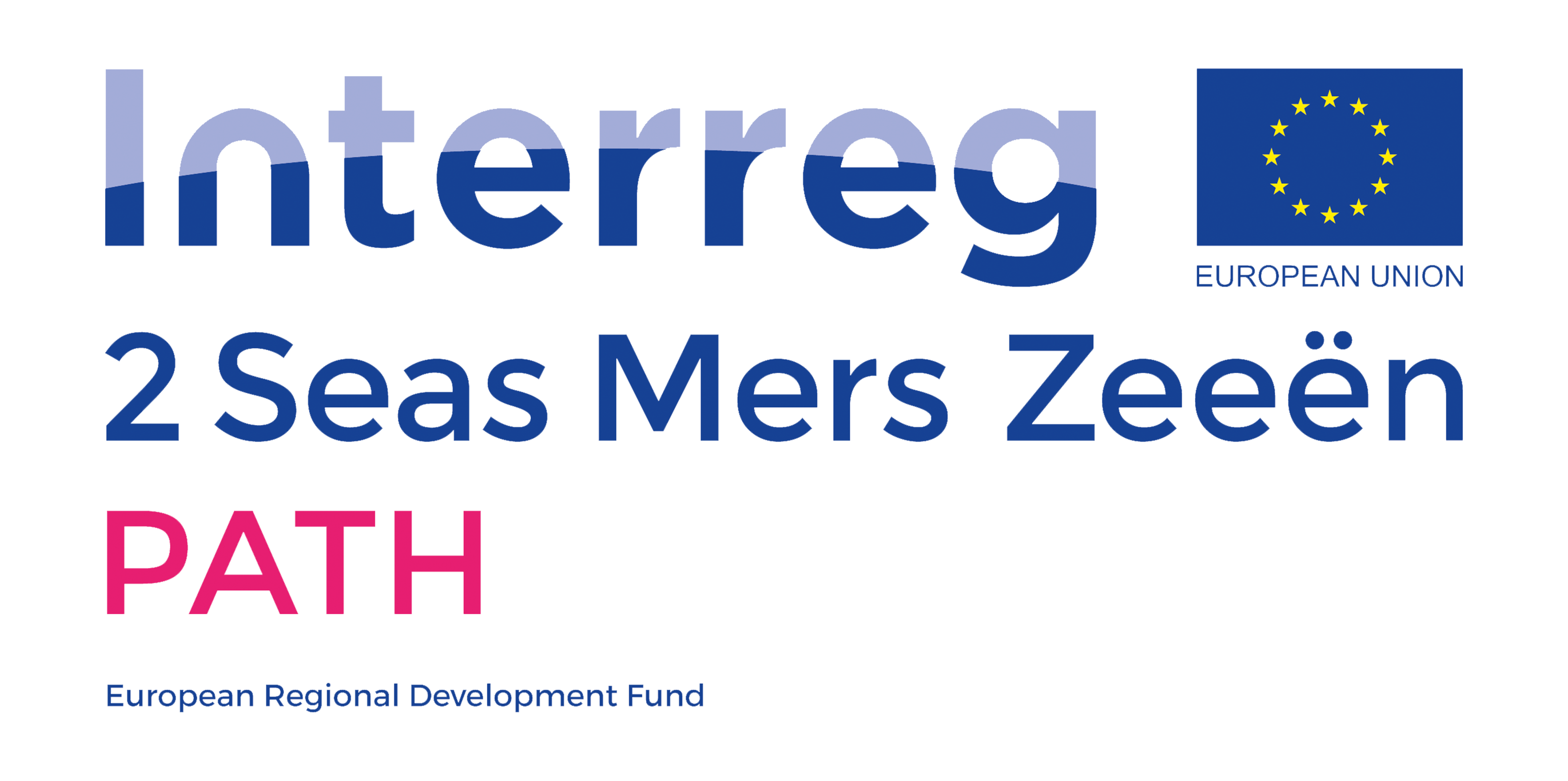
© 2021 Copyright: Bournemouth University
However, as well as feeling terrified of what was to come, devastated that mental illness had, once again, infringed on my life, particularly during a time that was meant to be so special, I remember feeling a heavy sense of shame, induced both by self-stigma and an awareness of social stigma associated with mental illness, that was so crippling in its intensity it felt physical.
I had experienced the shame associated with self-stigma throughout my previous episodes of mental illness, and , as a result, had never disclosed the fact that I had suffered from depression to anyone other than the few people in my support network.
However, this time, the self-stigma and imagined social stigma that I experienced was increased due to the fact that I was now experiencing mental illness during pregnancy. In fact, the shame I felt as I left that first Dr’s appointment was so powerful that it immediately cut me off from the “normal”, “magical”, “perfect”, “natural” world of pregnancy to which, in my mind, I no longer belonged.
From that moment, I cut off contact with a close friend who was at the same stage of pregnancy as me – I felt too ashamed to face her, I stopped going to my ante-natal yoga classes – how could I face the other mums at that class who, during the last session, had been discussing the best natural products to use when bathing a baby, when I was now taking anti-depressants whilst pregnant!?
Self-stigma also stopped me from going into the Mothercare shop to buy baby supplies; on one occasion I stood outside, heavily pregnant, crying, shaking, telling my husband that I didn’t deserve to be in there like the other parents-to-be/parents. I felt so ashamed in that environment, in the company of other mums-to-be and parents.
Apart from the healthcare professionals involved in my care, my parents and a few other close family members and friends, nobody else knew that I experienced acute perinatal mental illness during pregnancy and spent 5 months being treated in a Mother and Baby Unit.
As a result of self-stigma, I considered it “my dirty secret”. In fact, it wasn’t until 7 years later, when I spoke publicly about my experiences for the first time on a BBC news programme, advertising the opening of Rosewood Mother and Baby Unit (MBU), that all my family and friends found out, at the same time as the general public.
This was a huge turning point in terms of my self-perception – an attack on my self-stigma, and hopefully, by raising awareness, an attack on the social stigma around mental health and pregnancy. However, it is telling that for 7 years I kept my experiences a secret, judging myself and fearing the judgement of others, especially that of other mums.
I feel that I was both imprisoned and tortured by stigma, which in turn, exacerbated the symptoms of my illness and also hindered and prolonged my journey to recovery.
It saddens me that it took a considerable amount of time – years! – to consider myself a “real” mum. I would sit in baby groups feeling detached from the other “normal” mums, my mind always taunting me with, “if only they knew?”.
I felt that my experiences of pregnancy and early motherhood had been tainted by mental illness, and therefore when I viewed myself as a mother, I felt tainted.
I was not in contact with anyone else who had suffered acute perinatal mental illness until 7 years later when I became a member of the Project Board for Rosewood MBU. So until then I would automatically compare myself and my experiences negatively with the “perfect” images of pregnancy and motherhood that are continually generated by the media, and perpetuated by social media, as well as all the “perfect” mums that I observed around me.
On reflection, I think that Peer Support would have helped hugely with these issues associated with stigma, and the resulting self-isolation and distorted self-perception.